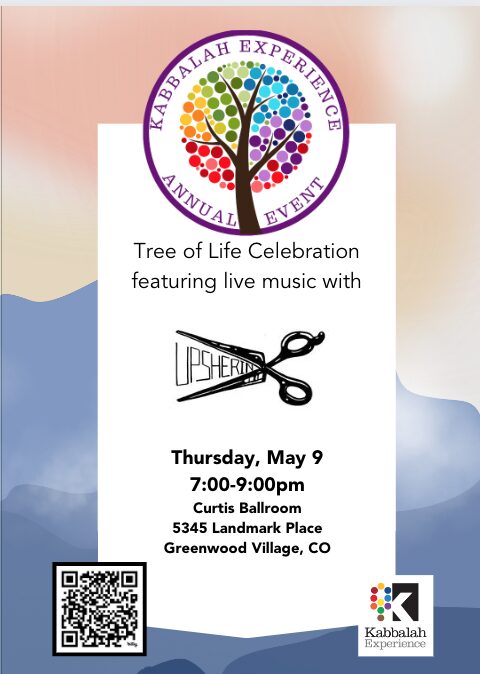We were devastated to wake up on October 7 to learn about Hamas’s horrific attack on Israel.
We are clear on the following: Kabbalah Experience stands with Israel and all who suffer.
Hamas is a terrorist group, with the goal of destroying Israel and the Jewish people.
And Israel has the right to defend herself.
May our leaders and people recognize what we teach: There is no space devoid of you. Dlayt Atar Panui MeenayAll humankind comes from the source of One-ness. Borders are human constructs, created for keeping people in, and keeping people out.
May we recognize humanity, suffering, pain and loss, unfairness, trauma, helplessness, and all of the complicatedness of life.
Being silent is complicit.
Let us work together for peace and healing.
May we all find peace and wholeness through this traumatic time.
with hope,
Melanie Gruenwald, Executive Director
Dr. David Sanders, Founder and Spiritual Director
Michelle Friedman and Martin Morris, Board Chairs
Kabbalah Experience




